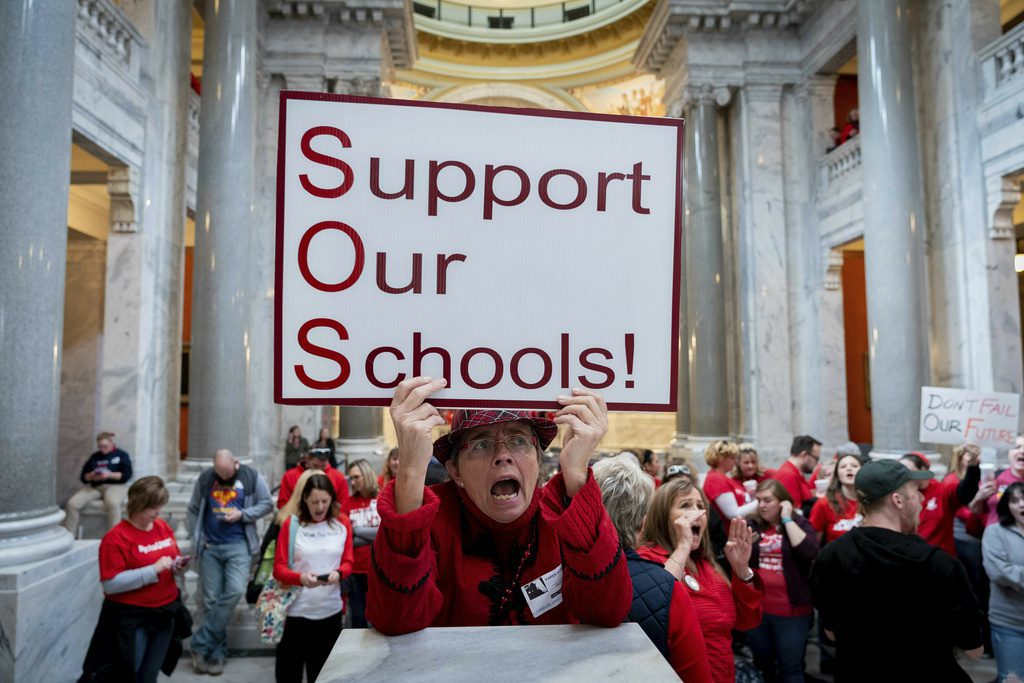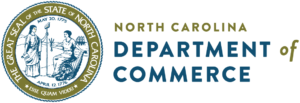Voters in Colorado, Kentucky, and Nebraska Reject Private School Voucher Initiatives
On Election Day, Colorado, Kentucky, and Nebraska voters decisively opposed private school choice measures, highlighting widespread resistance to using taxpayer money for private education. The rejection of these proposals in traditionally conservative states like Kentucky and Nebraska underscores the general public’s opposition to taxpayer-funded private school tuition, despite its popularity within the Republican Party.
In Kentucky, an amendment to allow public funding for private education was defeated, with voters in every county opposing it. Nebraska voters repealed parts of a state-funded private school scholarship program, while Colorado rejected a constitutional amendment to formalize school choice options.
The results were seen as a testament to public sentiment against voucher systems. National Education Association President Becky Pringle noted the “decisive defeats” as a clear message that voters recognize the harm vouchers cause to public education.
Voucher programs divert tax dollars from public schools to cover private school tuition, which critics argue lack accountability and standards. Research indicates that charter and voucher schools don’t consistently outperform public schools and often exclude students with disabilities.
Despite these challenges, 28 states and Washington D.C. have implemented private school choice programs. Some states are experiencing financial strains due to these initiatives, such as Arizona’s voucher program costs reaching nearly $1 billion, resulting in budget cuts for public institutions.
In Iowa, data shows most voucher recipients were already attending private schools, effectively subsidizing existing private education costs. Additionally, Iowa’s voucher expansion led to significant tuition increases in private schools.
Texas and North Carolina are considering expansions, with Texas Gov. Greg Abbott pushing for voucher programs despite concerns about public school funding. In North Carolina, the legislature may override the governor’s veto to expand vouchers. Critics, including Pringle, argue that vouchers harm students and public education, emphasizing the need for well-funded public schools.





